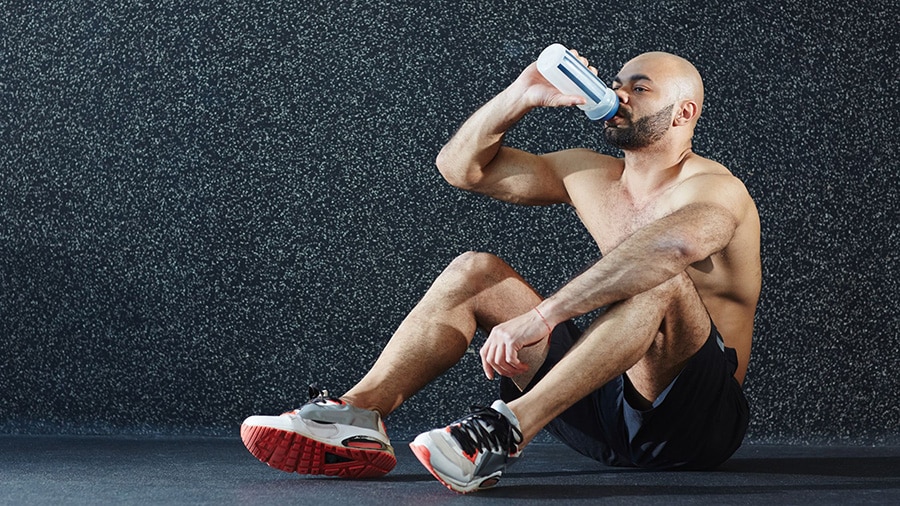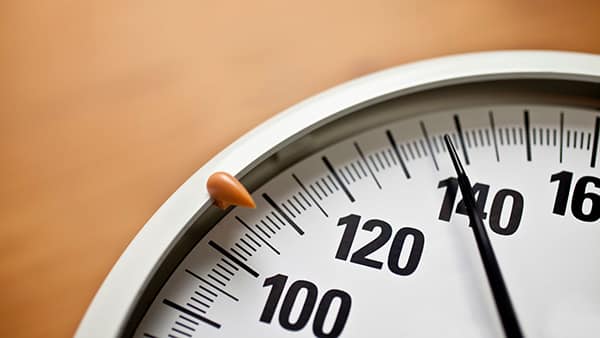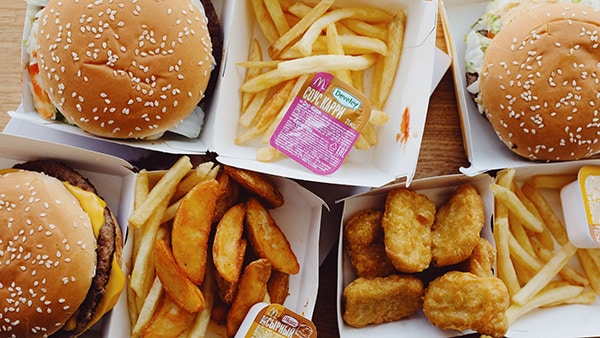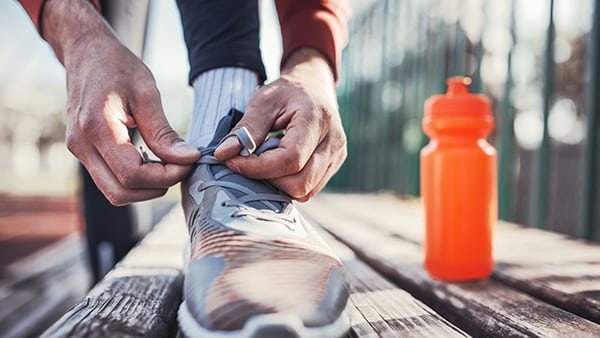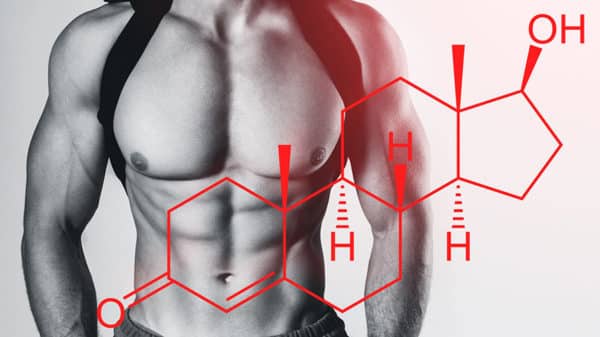Often temporary, a problem of water retention can however be embarrassing for athletes. It affects both men and women. An accumulation of water in your body can lead to weight gain or a feeling of heavy legs. This phenomenon also causes unsightly swelling on certain parts of the body. Discover in this article the best remedies to eliminate excess fluid and lose weight.
What is water retention?
Definition
Water retention refers to the accumulation of excessive water in certain tissues of the human body. In other words, the body retains more water than it naturally expels.
Fluid trapped under the skin can become lodged in various places such as legs or abdomen. But swelling (called edema) can also occur in the feet, ankles, arms and even the face.
What causes water retention?
Is your body retaining water? There are several reasons for this.
A sedentary lifestyle (sitting for too long), a diet too rich in salt, poor hydration, heat or the use of certain medications can cause water retention.
A hormonal imbalance is another phenomenon that promotes retention. This explains why women suffer from it during pregnancy or during their period. However, this water retention is temporary and disappears gradually.
Blood circulation disorders or insufficiency in the kidneys are also common causes.
Temporary water retention may also occur after a cheat meal.
Such a meal is unbalanced in terms of nutrient and macronutrient intake. This consumption of a large amount of simple carbohydrates, combined with sodium-rich foods, increases retention. But don't panic! If your cheat meals remain exceptional and under control, the accumulated water will disappear by itself after 2 or 3 days.
What are the symptoms?
The main symptoms of water retention are:
- a weight gain sudden, from a few grams to several kilos;
- the appearance of swelling in the stomach and lower limbs that can spoil muscle definition.
People who are victims describe a feeling of heavy legs and bloating. This is simply due to the storage of excess fluid in the body.
But be careful not to confuse water retention with a surplus of grease. Indeed, with the naked eye, it can be difficult to tell the difference between fat and fluid.
The best way to determine whether you need to lose water or fat is to adopt a healthy eating and balanced diet for a few days and set up a caloric maintenance situation. If you notice a loss of weight, it is because you were retaining water.
If you can't lose weight, it's because you have excess fat. In this case, you will have to create a caloric deficit to lose weight permanently.
The best remedies for water retention
Fortunately, there are effective solutions to eliminate excess water and reduce your weight.
Controlling salt consumption
As we have seen, a salt consumption too important is one of the main causes of water retention.
Indeed, sodium has an amazing property: it traps water in the tissues. It is therefore not advisable to over-consume foods rich in salt such as cheese or cold cuts. This is also the case with most industrial dishes and products (ready-made meals, pizzas, cookies for aperitif, etc.).
Whenever possible, it's best to eat home-cooked meals and focus on healthy foods.
However, this does not mean that you have to completely remove the sodium of your diet. On the contrary! Athletes need more salt than sedentary people. Think about ingesting salt while moderating the dosage.
Staying well hydrated
Drinking lots of water to fight excess water in your body? This may seem like a paradox.
This is one of the most effective ways to eliminate water retention. Drinking water is essential for your health. Don't wait until you are thirsty!
To find out how much water you should drink every day, I recommend reading this article on hydration.
If you have trouble drinking, include some water-rich foods like fruits and vegetables in your diet.
Favour natural diuretics
Eating foods with diuretic properties on a regular basis is an excellent way to limit excess water in your body. Indeed, these foods contribute greatly to the work of the kidneys. The excess liquid is then evacuated through urine.
A natural diuretic stimulates the elimination of toxins present in the body.
Green tea, coffee, dandelion, parsley, fennel or nettle are particularly well known for their draining capacity.
To learn more about the subject, I invite you to consult this article on natural diuretics.
Apart from green tea and coffee, however, these foods are not very common in our consumption habits. You can therefore turn to diuretics in the form of food supplements.
Easy to incorporate into your diet plan, they will help you get rid of excess water under your skin. However, always choose supplements made from natural plants, as is the case with Prozis products.
Have a good intake of magnesium and potassium
Magnesium and potassium are essential minerals essential to the proper functioning of your body.
They actively participate in renal activity and help avoid water retention.
Unfortunately, many people in France suffer from deficiencies in magnesium or potassium. This is especially true for athletes, as these minerals are eliminated through perspiration.
For magnesium, the recommended daily intake is 420 mg for men and 360 mg for women. Tofu, kale, lentils, spinach and whole grain products (oatmeal, brown rice, whole grain bread, etc.) are excellent sources of magnesium.
With regard to potassium, theEuropean Food Safety Authority recommends a daily intake of 3,500 mg for an adult. Eating fruits and vegetables (potatoes, spinach, avocados, apricots, bananas, etc.), legumes and dried fruits on a regular basis will contribute to your potassium intake.
It is in your best interest to monitor your mineral intake through your diet or through a dietary supplement.
Engage in physical activity
Finally, the last remedy to accelerate the evacuation of the stored fluid is to work out several times a week.
Physical activity greatly improves blood and lymphatic circulation, which tends to enhance the body's water elimination functions. It is also an excellent hormonal regulator.
If you have swelling, water sports such as swimming or aqua aerobics are recommended. But more broadly, all sports activities will help you to evacuate fluids, from weight training to running, cycling, yoga, dancing or hiking.
How quickly can I eliminate water retention?
In the vast majority of cases, the retained liquids will evacuate themselves after a few days. This is what happens when you eat an exceptionally high-calorie meal.
However, if the problem persists, consult a physician without delay.
Depending on the situation, he or she may prescribe medications specifically designed to drain your body through the urinary system. He will be able to advise you on the dosage to be respected.
Of course, these draining agents should not be consumed over the long term. This is why you must adopt the good habits seen above.
To conclude
Now you know how to fight water retention. In fact, all you need to do is to set up a healthy lifestyle to avoid this kind of inconvenience. A balanced diet, good hydration and physical activity will keep you healthy!

